LOS ANGELES (Reuters) -California will face off with Washington in court on Thursday over President Donald Trump's deployment of U.S. troops in Los Angeles after demonstrators again took to the streets in major cities to protest Trump's immigration crackdown.
Some 700 U.S. Marines will be on the streets of Los Angeles by Thursday or Friday, the military said, to support up to 4,000 National Guard troops in protecting federal property and federal agents, including on immigration raids.
Trump's decision to dispatch troops to Los Angeles over the objections of California Governor Gavin Newsom has sparked a national debate about the use of the military on U.S. soil and further polarized the country.
Street protests have broken out in multiple cities besides Los Angeles including New York, Chicago, Washington and San Antonio, Texas.
A federal judge in San Francisco will hear arguments Thursday as part of California's lawsuit against Trump. The state is requesting a temporary restraining order to block the troops' participation in law enforcement activities.
California ultimately wants a court ruling that returns its National Guard to the state's control and declares that Trump's action was illegal.
The L.A. protests broke out last Friday in response to a series of immigration raids. Trump in turn called in the National Guard on Saturday, then summoned the Marines on Monday.
"If I didn't act quickly on that, Los Angeles would be burning to the ground right now," said Trump at an event at the John F. Kennedy Center for the Performing Arts.
State and local leaders dispute that, saying Trump has only escalated tensions with an unnecessary deployment of federal troops, while Democrats nationally have condemned his action as authoritarian.
Trump is carrying out a campaign promise to deport immigrants, employing forceful tactics consistent with the norm-breaking political style that got him elected twice.
Los Angeles on Wednesday endured a sixth day of protests that have been largely peaceful but occasionally punctuated by violence, mostly contained to a few blocks.
In downtown L.A., shortly before the second night of a curfew over a one square mile (2.5 square km) area on Wednesday night, police said demonstrators at one location threw commercial-grade fireworks and rocks at officers.
Another group of nearly 1,000 demonstrators was peacefully marching through downtown when police suddenly opened fire with less lethal munitions in front of City Hall.
An undetermined number of arrests were made, in addition to some 400 over the previous days.
New York police said an unknown number of people had been taken into custody on Wednesday after saying on Tuesday that 86 had been taken into custody, of which 34 were arrested and charged, while the others received a criminal court summons.
MARINES TRAINED FOR CROWD CONTROL
U.S. Marines will join National Guard troops on the streets of Los Angeles within 48 hours, officials said on Wednesday, and would be authorized to detain anyone who interferes with immigration officers on raids or protesters who confront federal agents.
A battalion of 700 Marines had concluded training specific to the L.A. mission, including de-escalation and crowd control, the U.S. Northern Command said in a statement.
The Marines would join the National Guard under the authority of a federal law known as Title 10, not to conduct civilian policing but to protect federal officers and property, the military said.
"Title 10 forces may temporarily detain an individual in specific circumstances such as to stop an assault, to prevent harm to others, or to prevent interference with federal personnel performing their duties," the Northern Command said.
U.S. Army Major General Scott Sherman, who commands the task force of Marines and Guardsmen, told reporters the Marines will not load their rifles with live ammunition, but they will carry live rounds.
(Reporting by Brad Brooks, Sandra Stojanovic, Omar Younis, Jane Ross and Arafat Barbakh in Los Angeles, Dietrich Knauth in New York, and Idrees Ali in Washington; Additional reporting by Costas Pitas, Christian Martinez, Ryan Jones and Ted Hesson; Writing by Daniel Trotta; Editing by Saad Sayeed)

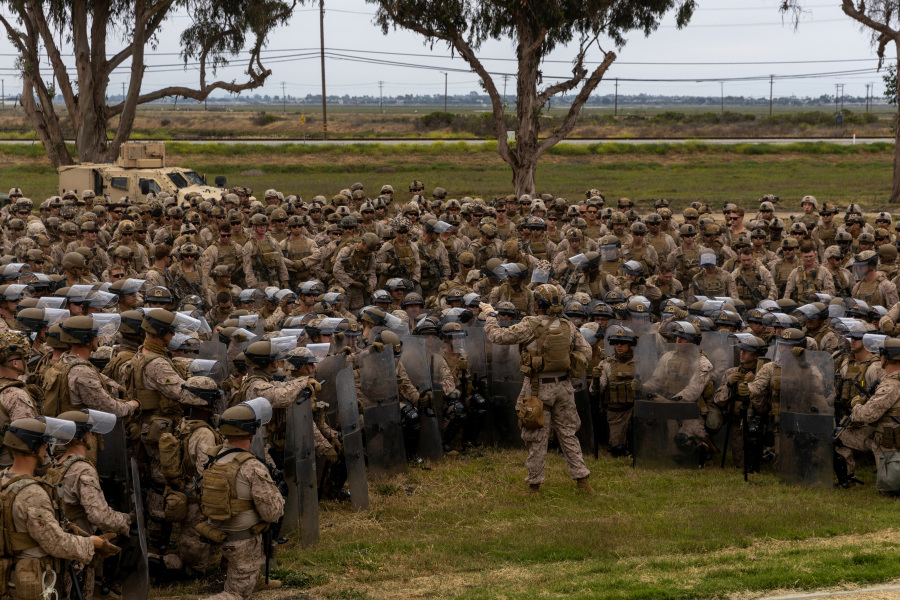

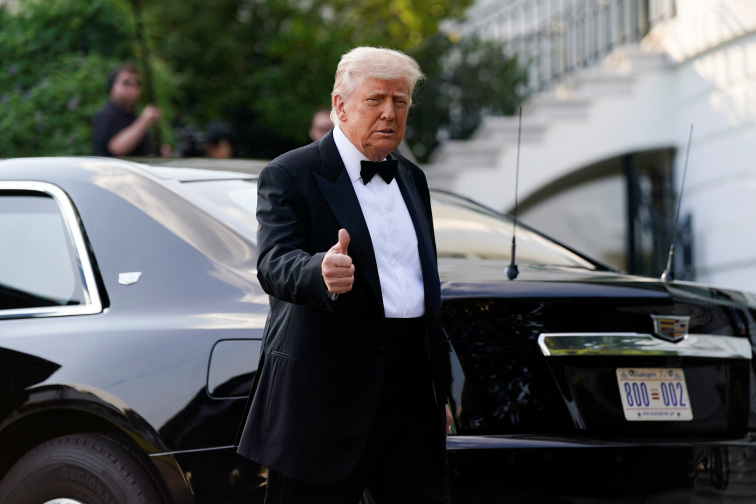
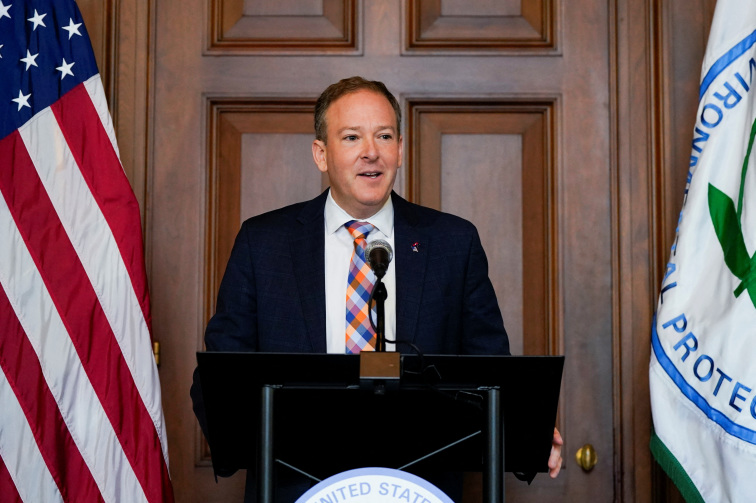
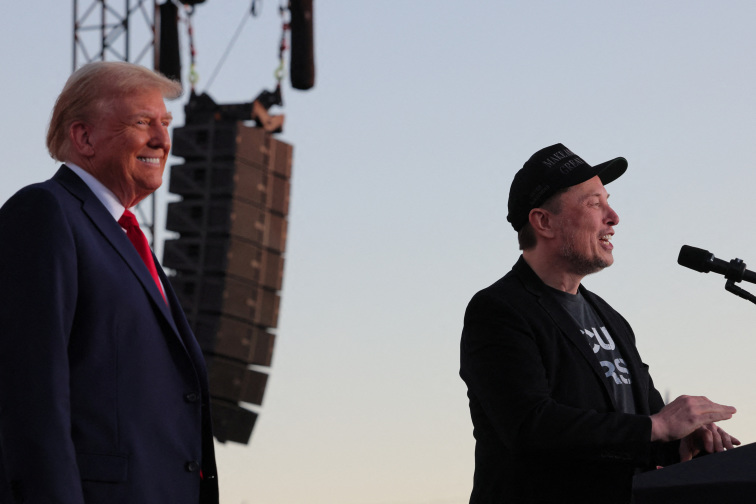
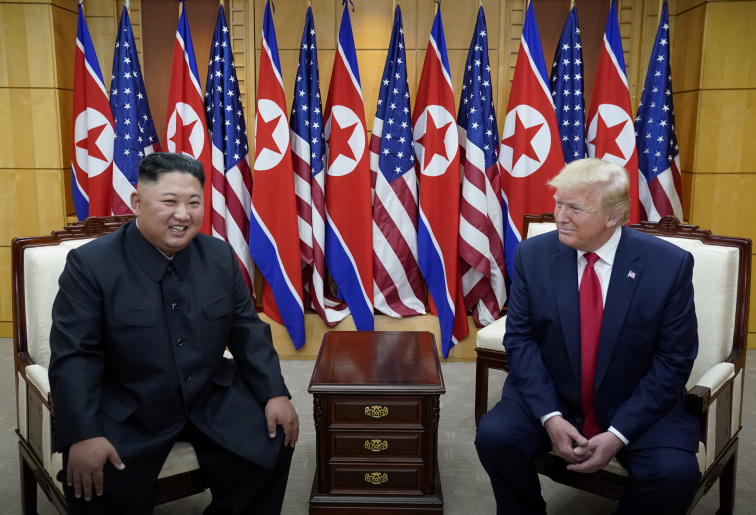
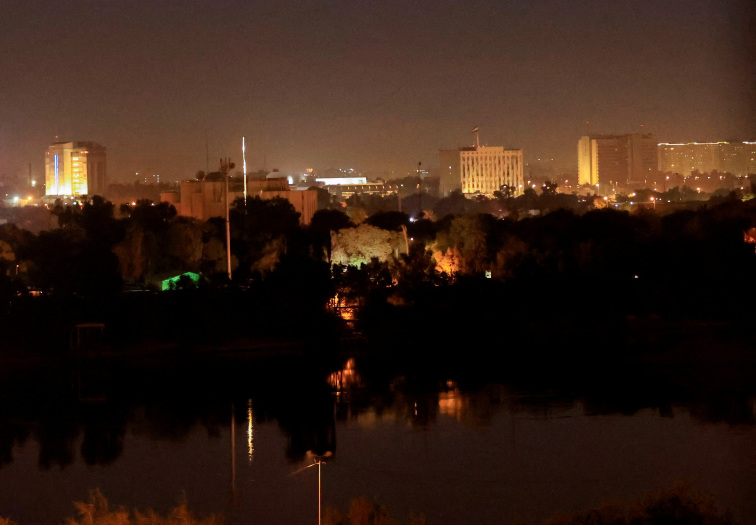
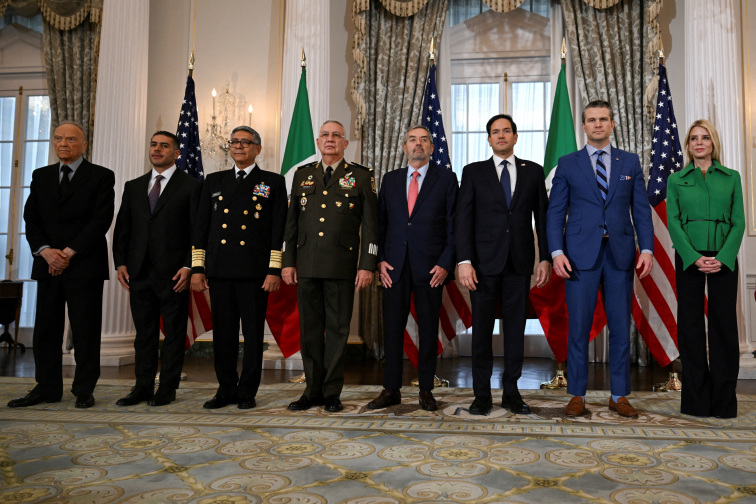

News magazine bootstrap themes!
I like this themes, fast loading and look profesional
Thank you Carlos!
You're welcome!
Please support me with give positive rating!
Yes Sure!